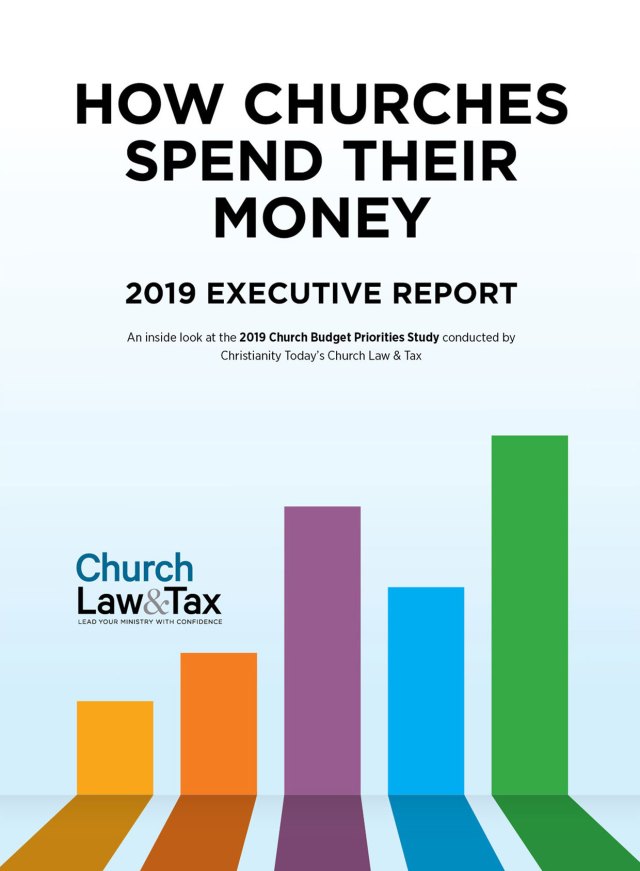All too often churches approach compensation packages in a haphazard way. They make quick decisions without much forethought and with little or no documentation. These churches are asking for trouble.
Set Reasonable Compensation
When it comes to compensation, churches must guard against excess benefit transactions. Such a transaction takes place when an employee is: (1) paid too much for the services rendered, (2) paid without the proper authority (e.g., the pastor sets his or her own compensation), or (3) receives benefits that are not approved and properly reported for tax purposes. Along with the possibility of severe penalties, excess compensation can jeopardize a church’s tax exempt status.
It’s essential that churches determine the maximum compensation that can be paid to an employee or minister for services rendered to the church. To prove that the maximum compensation proposed is still reasonable, churches should use outside sources of data. Here are three sources for obtaining outside data: Church Law & Tax’s ChurchSalary.com, The Church Network’s MinistryPay.com, and independent compensation experts. While many professionals may purport to be compensation experts, keep in mind that attorneys and CPAs are not qualified as compensation experts unless: (1) compensation consulting is their primary service, (2) they have received specialized training, and (3) they have specifically worked in this area for several years.
While outside data is a required component and the foundation for establishing reasonable compensation, don’t determine compensation through outside data alone. Integrate it with other pertinent information, such as:
- The employee or minister’s qualifications
- The nature and scope of the employment
- The size and complexity of the church
- The prevailing economic conditions of the area
- The church’s overall salary philosophy
- The financial condition of the church
Careful Documentation
Compensation packages must be documented in the minutes of the board or committee that makes key financial/compensation decisions for the church. Compensation and benefits not documented in writing can be construed as unapproved and create both state and federal issues for the executive staff.
Minutes regarding compensation must:
- Document the amount of the package including all elements of the package—both taxable and nontaxable, both cash and noncash.
- Document why the package is reasonable, including the outside data that was used to prove it was reasonable.
- Document the vote of each person on the committee or at least any person who votes against the package. Penalties can be assessed against persons who agree to pay an unreasonable amount of compensation to any staff member.
The employment files of the employees should also include details of the compensation packages as well as authorization of raises and bonuses paid during the year. It is also wise for the personnel files to include copies of the credentials of any ministers on staff.
All documentation should be maintained by the church at the church’s facilities and not kept by anyone outside the church. Unfortunately, there have been situations in which individuals have taken documents home and they’ve ended up lost, shredded, or the individual has refused to turn them over. This could lead to serious consequences.
By following the above guidelines, churches can cut down on the possibility of penalties or, at worst, the loss their exempt status.






